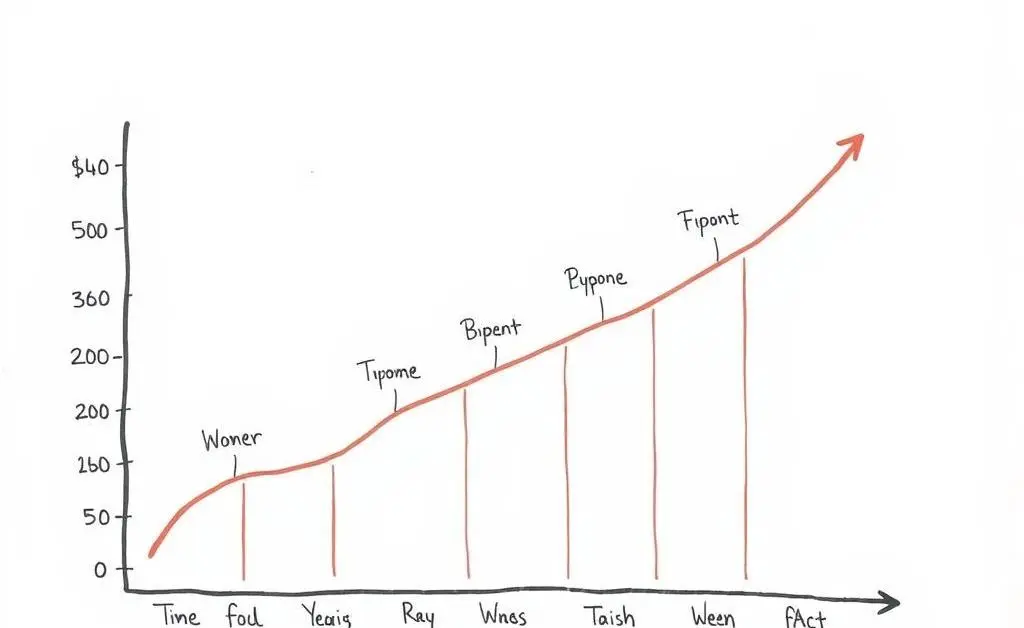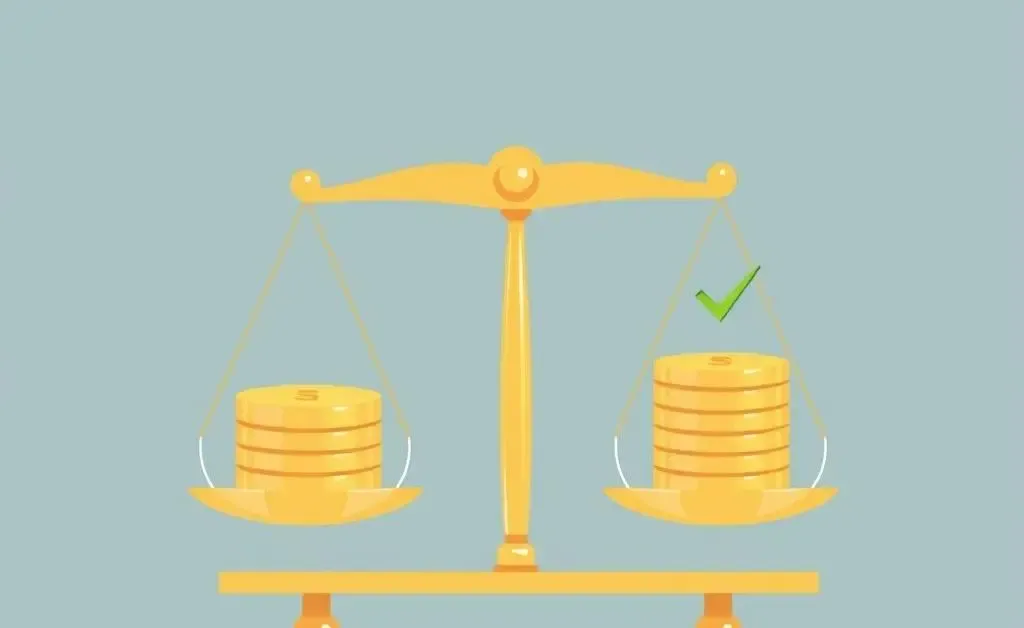Navigating the World of Financial Case Studies: A Personal Journey
Discover tips for tackling financial case studies with ease and confidence.

Have you ever felt a bit overwhelmed at the thought of tackling a financial case study? I know I have. These extensive and detailed scenarios can feel like walking through a dense fog, especially if you're new to the world of finance or looking to enter a career that heavily relies on these studies. Trust me; you're not alone in feeling this way.
What Exactly Are Financial Case Studies?
In the simplest terms, financial case studies are in-depth analyses that portray real-life financial situations or problems. They are commonly used in educational settings and professional interviews to assess one's analytical and problem-solving skills. The aim is to explore various scenarios, analyze data, and propose viable solutions. Sounds intimidating? It can be, but don't worry; we're here to simplify it together.

Why Are Case Studies So Important?
Case studies are considered a vital tool in assessing one’s ability to apply theoretical knowledge to practical problems. Imagine them as an opportunity to showcase your critical thinking skills and your grasp of financial concepts. They provide a platform where you can demonstrate how well you’d perform under real-world pressure!
Understanding the Common Concerns
One thing I've realized is that the pressure to ace a case study often makes it seem more daunting than it actually is. Many people, myself included, worry about not having all the answers, or not knowing the right way to approach the problem.

But here's the secret: there are multiple ways to solve a case study, just like there are multiple ways to reach your financial goals. What matters is your thought process and your ability to communicate your ideas clearly.
Tips for Tackling Financial Case Studies with Confidence
- Understand the Framework: Familiarize yourself with common case study structures. Often, they follow a problem-solution-outcome format.
- Practice Makes Perfect: The more case studies you attempt, the better you'll become. Consider them as opportunities to learn and grow.
- Stay Calm and Think Clearly: During an interview, take a deep breath, outline your thoughts, and address the problem systematically. Interviewers appreciate structured thinking.
- Use Real-World Examples: Whenever possible, relate your solutions to realistic scenarios that you've studied or encountered. This adds depth to your analysis.

The Takeaway: Embrace the Journey
While case studies might feel like insurmountable challenges at first, they can be conquered with practice, patience, and a positive mindset. They offer wonderful chances to grow and hone your financial acumen, empowering you to step into roles with greater confidence and capability.
So here's my friendly advice: embrace each case study as a learning opportunity. After all, every step—no matter how small—will bring you closer to mastering the art of financial analysis.
I'd love to hear about your experiences with financial case studies. What strategies or tips have worked for you? Let’s keep this conversation going over a cup of tea!




